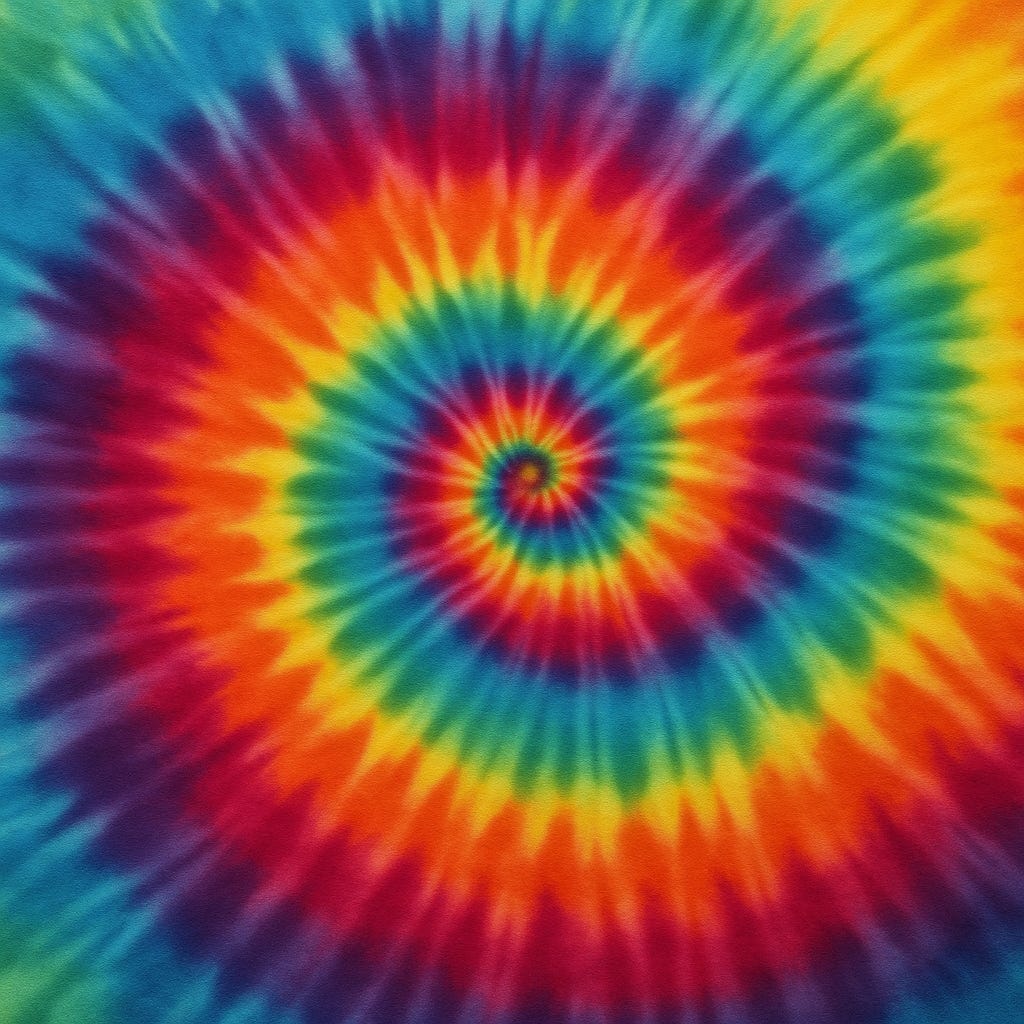Maybe a Trip Is All You Need
Results from a study of LSD show promise for people suffering from anxiety disorder
Prepping for a trip used to freak me out—the planning, the packing, the scheduling. Like some six million American adults, I live with generalized anxiety disorder. With the help of medication and therapy, I’ve learned to cope. I know what the feeling is, I compensate, and by the time I get where I’m going, I can enjoy myself.
But researchers say another…



